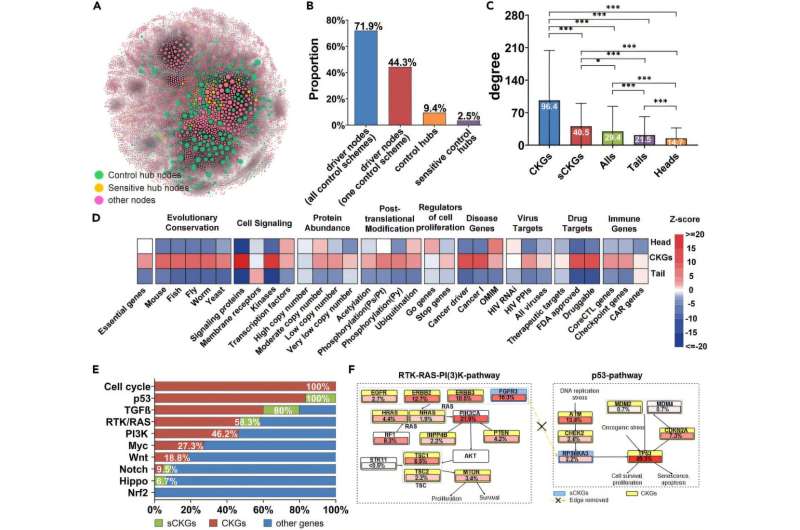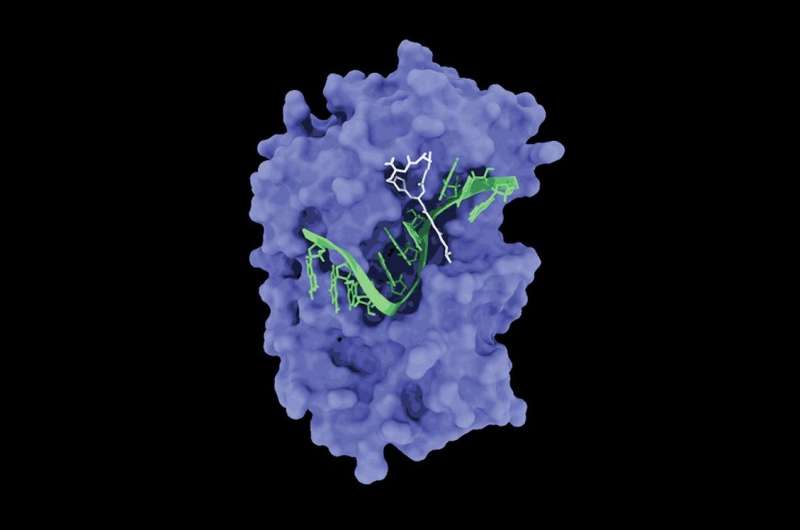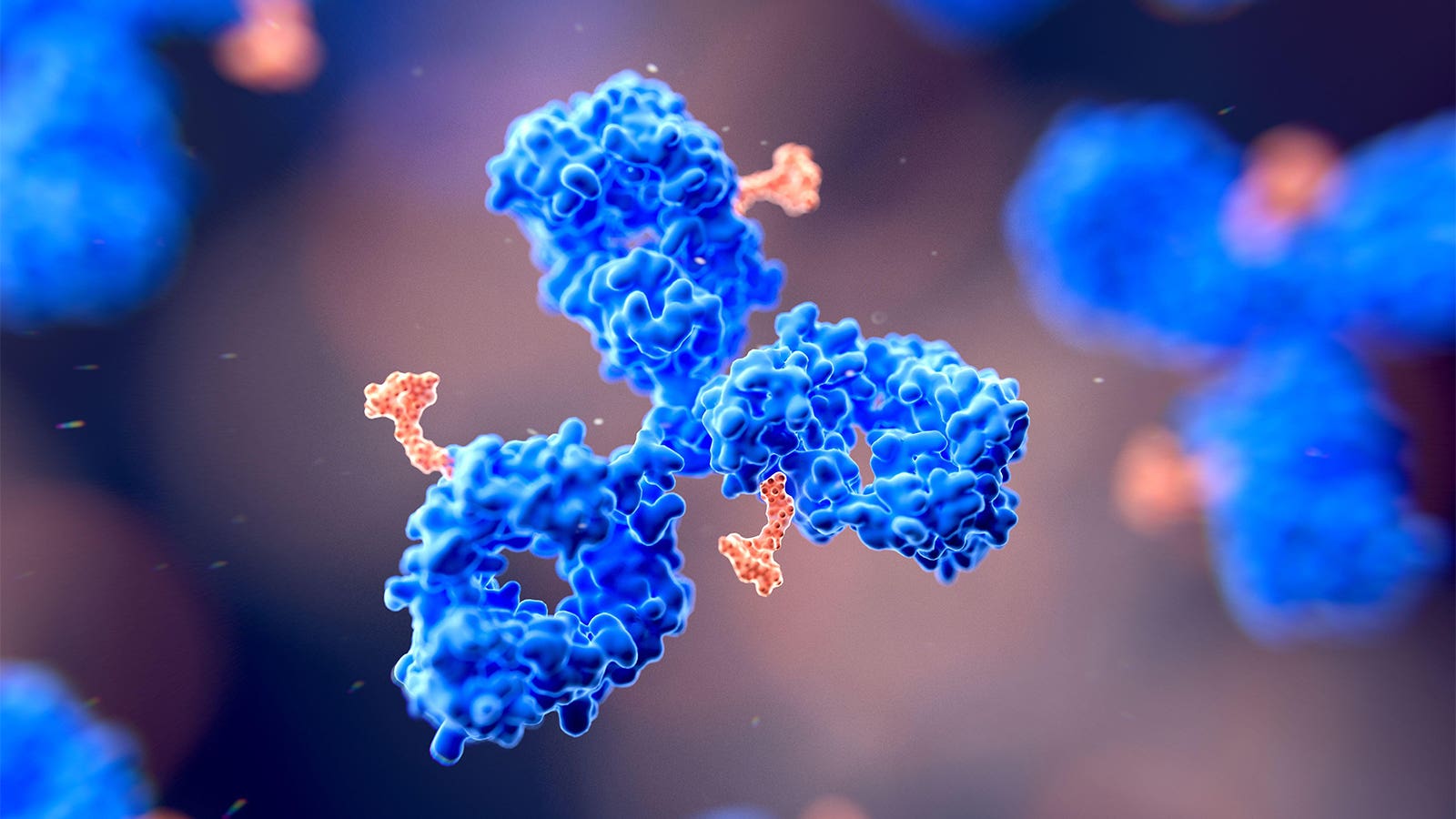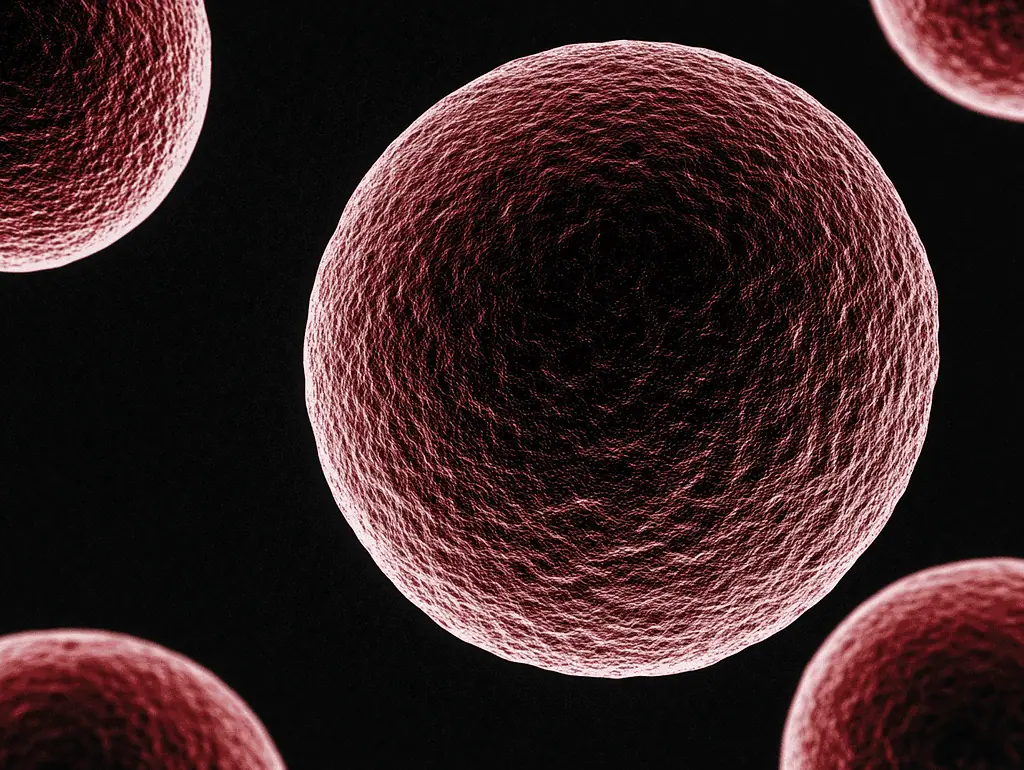Treatment Innovations
-
Facebook
-
Twitter
-
Linkedin
Innovations in cancer treatment are transforming patient care by introducing more precise, effective, and less invasive therapies. Immunotherapy, including checkpoint inhibitors and CAR-T cell therapy, has revolutionized cancer care by harnessing the immune system to target and destroy cancer cells.

Cancer-keeper genes offer targets for disrupting cancer cell maintenance
By analyzing huge amounts of biological data, the use of machine learning accelerates the identification of critical control hubs that are sensitive to changes in the network structure of the total controllability network, thereby having potential as diagnostic biomarkers and therapeutic targets for disease and cancer treatment.

Drinking more coffee may lower risk of uterine cancer, study suggests
Drinking coffee—especially caffeinated coffee—may help reduce the risk of developing endometrial cancer, a common type of cancer that starts in the lining of the uterus.

Magnetic nanoparticles transport drugs deep into tumors to slow cancer growth
Drugs and other treatments can be quite effective at killing cancer cells, yet many fall short as they struggle to penetrate deep into solid tumors due to physical barriers within the tissue.

Protein HKDC1: A new potential target for colon cancer therapy
People with inflammatory bowel disease (IBD) also have an increased risk of developing colorectal cancer. However, the exact mechanisms behind this are still largely unknown.

Researchers learn how a drug called zotatifin kills cancer cells
Swirling inside every cell are millions of microscopic messages called messenger RNAs (mRNAs).

Second TB vaccination boosts immunity in bladder cancer patients and reduces cancer recurrence, pilot study suggests
Two doses of a simple tuberculosis vaccination after surgery helps the immune system fight cancer cells and could greatly improve patient outcomes for the most common type of bladder cancer, according to a pilot study of 40 patients.

Tumour meltdown in China therapy tests offers hope to late-stage cancer patients
Experimental therapy uses a modified virus to boost immunity and make anti-tumour treatments more effective, according to study

Genetic mutation predicts pancreatic cancer metastasis and survival
A new study by Mayo Clinic Comprehensive Cancer Center researchers found that the presence of a specific genetic mutation—KRAS circulating tumor DNA (ctDNA)—strongly indicates a higher risk of cancer spread and worse survival rates for patients with pancreatic ductal adenocarcinoma (PDAC).

Hastings woman overcomes colon cancer, finishes Chicago Marathon
HASTINGS, Mich. (WOOD) — A Hastings woman is sharing her story about how she overcame colon cancer to finish the Chicago Marathon.

Three-Time Cancer Survivor Colin Egglesfield Shares the Moment He Broke Down
Colin Egglesfield, who has struggled with cancer three times, shared the moment he “broke down” while appearing on Let’s Be Clear, the podcast founded by Shannen Doherty

Ultrasound technology offers non-invasive treatment for liver cancer
AUSTIN (KXAN) — A new technology is giving doctors a non-invasive method for treating liver cancer, without requiring incisions or surgery.

WellSpan Health – Innovations & Advancements in Cancer Treatment
A York County business owner is sharing his story of hope after completing an innovative cancer treatment at WellSpan York Hospital. John Grim has been battling prostate cancer for nearly seven years, and after multiple treatments failed, doctors offered him a chance to try something knew.

Breakthrough Discovery Paves the Way for Treating One of the World’s Most Lethal Cancers
Pancreatic cancer’s five-year survival rate is currently only 13% and is responsible for over 5% of all cancer deaths in the UK. Unfortunately, the symptoms of this disease often only appear once the cancer has already spread to other parts of the body.

Game-changer in cancer treatment: Antibody therapy to replace invasive surgeries
This platform is central to collaboration, as it allows for selecting targets with improved attributes crucial for effective drug development.

AI tool helps predict who will benefit from focal therapy for prostate cancer
A study led by UCLA investigators shows that artificial intelligence (AI) could play a key role in improving treatment outcomes for men with prostate cancer by helping physicians determine who is most likely to benefit from partial gland cryoablation, a minimally invasive procedure that treats localized prostate tumors.

Better Response, Survival in Head and Neck Cancer With Dual Pre-Op Immunotherapy
Four times as many major responses versus single agent, potential for biomarker-guided treatment

Cambridge Scientists Develop Urine Test for Early Lung Cancer Detection
Researchers from Cambridge University have developed a first-of-its-kind test that can pick up “zombie cells”, linked to the early stages of lung cancer.

Dendritic cell vaccine strategy may improve breast cancer treatment outcomes
Moffitt Cancer Center researchers have discovered a promising new vaccine strategy for treating a specific type of breast cancer. The innovative approach targets human epidermal growth factor receptor 2-positive, estrogen receptor-negative (HER2-positive, ER-negative) breast cancer and has shown encouraging results in a recent pilot study.

Investigational ADC Shows Promise in Advanced Endometrial Cancer
More than a third of patients with B7-H4-expressing tumors responded to puxitatug samrotecan

New AI tool visualizes a cell’s ‘social network’ to help treat cancer
A first-of-its-kind artificial intelligence (AI)-based neural network can rapidly analyze and interpret millions of cells from a patient sample, predicting molecular changes in the tissue.

Pembrolizumab-Olaparib Boosts PFS in Non-BRCA Ovarian Cancer
But phase III trial finds no overall survival benefit in PD-L1 subgroup or overall population

Telomir Pharmaceuticals Lead Drug Candidate Inhibits Tumor Growth In Aggressive Prostate Cancer Cells, Animal Study Shows
On Wednesday, Telomir Pharmaceuticals, Inc. TELO+3.88% + Free Alertsrevealed preclinical findings demonstrating that Telomir-1 reduces tumor size by approximately 50% in a prostate cancer animal model with aggressive cancer cells.

Triggering Cancer Cells To Self-Destruct Could Help Tumors to Shrink
Cancer is the second leading cause of death in the U.S., claiming around 600,000 lives in 2022 alone. A diagnosis can be devastating, as the disease can often resist treatment and spreads uncontrollably.

Chinese scientists turn tumours into pork in radical cancer treatment
Scientists have turned the same immune response that rejects organ transplants to their advantage Ð to target cancer.






